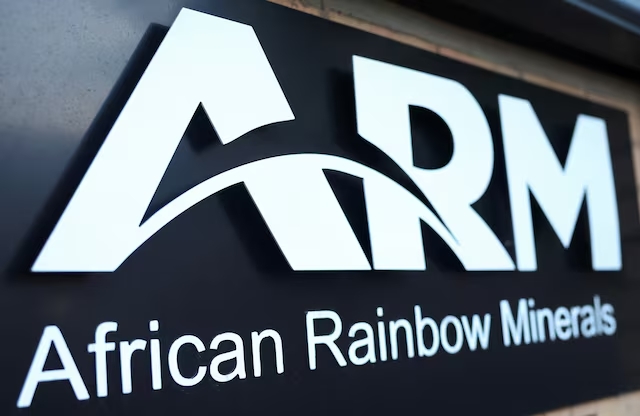Mining

From partnership to persecution – Why Osun’s actions against SROL harm Nigeria’s mining goals

As someone from Plateau State, where the solid minerals sector has long been exploited without fostering lasting economic benefits, I have always believed that Nigeria’s untapped mineral wealth could fuel the nation’s growth.
With more than 44 types of solid minerals, Nigeria is endowed with resources that, if managed responsibly, could lead to transformative progress. That potential appeared closer to reality when Segilola Resources Operating Limited (SROL) launched Nigeria’s first commercial gold mine in Osun State.
SROL, it was reported, invested millions of dollars in transforming a dormant project into a viable, revenue-generating business, attracting international investor interest to Nigeria’s mining sector and showing the world that Nigeria is indeed capable of fostering a productive, ethical mining industry. SROL’s accomplishments have earned it a place among Nigeria’s top 10 non-oil exporters, marking the first time gold has made it onto the list—a win for Nigeria’s economy and a crucial step in the country’s journey toward economic diversification.
Yet, despite these achievements, the Osun State Government (OSG) has launched a concerted attack on SROL through a string of public accusations, misrepresentations, and serial abuses of the judicial system. In a series of moves that can only be described as weaponising state machinery, the OSG has repeatedly used its platform to discredit SROL, and in doing so, has undermined the economic stability and reputation of Osun State.
One of the OSG’s most egregious tactics has been its manipulation of the court system to push its agenda. In an unorthodox move, the OSG sought a magistrate court order to justify its actions against SROL. The magistrate court, cannot adjudicate on matters over a threshold limit of N10 million, making it an unusual venue for adjudicating complex corporate and regulatory disputes, such as like the tax dispute of N3.2 billion in the Segilola/OSG matter. Such an approach suggests that the OSG was less interested in legal due process and more focused on leveraging the court as a tool for coercion.
This misuse of judicial authority not only raises concerns about fairness but also sets a dangerous precedent for other states to employ similar tactics against companies operating within their borders.
Simultaneously, the OSG has weaponised media channels to amplify its baseless accusations against SROL, including claims of tax evasion and environmental degradation. Tax disputes are a standard part of doing business, and it has been confirmed that both parties were actively engaged in tax resolution talks to resolve any outstanding issues.












